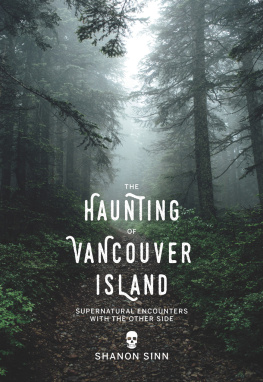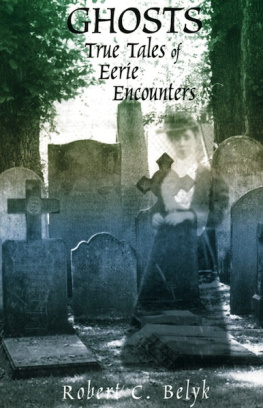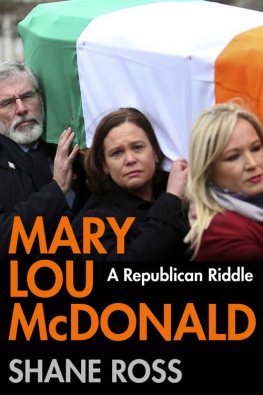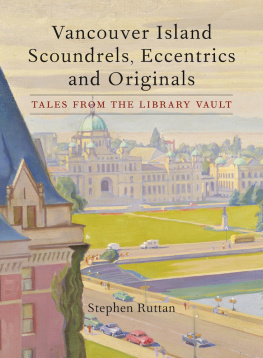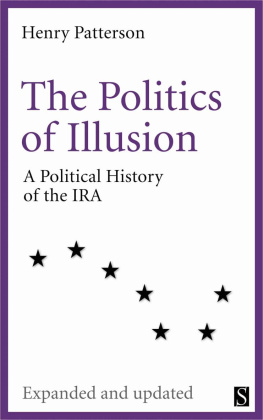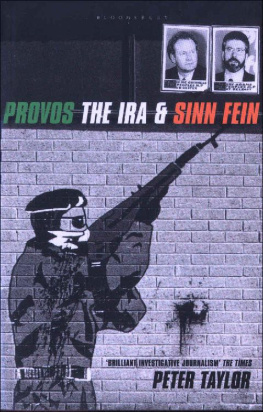
Copyright 2017 by Shanon Sinn
All rights reserved. No part of this publication may be reproduced, stored in a retrieval system, or transmitted in any form or by any means, electronic, mechanical, photocopying, recording, or otherwise, without the prior written permission of the publisher. For more information, contact the publisher at Touchwoodeditions.com.
The information in this book is true and complete to the best of the authors knowledge. All recommendations are made without guarantee on the part of the author or the publisher.
Edited by Alexandria Stuart
Cover and interior design by Pete Kohut
Cover photo by Evan Dalen/Stocksy United
LIBRARY AND ARCHIVES CANADA CATALOGUING IN PUBLICATION
Sinn, Shanon, author
The haunting of Vancouver Island : supernatural encounters with the other side / Shanon Sinn. Includes index.
Issued in print and electronic formats.
ISBN 978-1-77151-243-5 (softcover)
1. Haunted placesBritish ColumbiaVancouver Island. I. Title.
BF1472.C3S56 2017 133.109711'2 C2017-903004-3
We acknowledge the financial support of the Government of Canada through the Canada Book Fund and the Canada Council for the Arts, and of the province of British Columbia through the British Columbia Arts Council and the Book Publishing Tax Credit.

To all the spirits of Vancouver Island
PAST
PRESENT
FUTURE
When they had assembled for a council again, one of the men said, The ghosts of the dead must have got her. You know, when a village is abandoned the ghosts always come and look at the houses. Franz Boas, Legends of the Nuu-chah-nulth, Indian Myths & Legends from the North Pacific Coast of America, 1895
CONTENTS

INTRODUCTION
VANCOUVER ISLAND IS AN ENTITY of its own. Anyone who lives here or visits here can sense that it has a unique persona. The fog rolls in from the sea and the island suddenly becomes shrouded in mystery, cloaked in a blanket of otherworldliness. The air we breathe feels charged, the nights have an aura of power, and we do not feel alone on the beach or in the woods. For thousands of years, those who lived on Vancouver Island accepted as fact that it was haunted. As settlers built cities and tried to cast aside their own age-old belief in the supernatural, our urban centres spawned countless new tales of hauntings and of the spirit world.
For those who believe in ghosts, there is this ironic idea that if you die before your time, you will somehow be granted immortality. To the non-believer, there is a fear that death is either not the end, or that happiness is not guaranteed in the next world. Some take the position that the stories are fairy tales for children, even though they continue to be told in every culture on Earth. Every year, thousands of people will die and become a ghost story. Their exact numbers are impossible to determine, because the subject is rarely taken seriously.
Many people badly want to believe in ghosts. Others choose not to, no matter what they have experienced or heard. So, stories become semi-comedic at one end of the spectrum and completely dismissive at the other. A balanced perspective is rare. When it comes to tales of the unexplained, some writers willingly add extra parts to the story, essentially altering it for dramatic purposes. Others do not attempt to check facts, but still promote the legend in a journalistic way without the authority to do so.
I will present these stories with the same accuracy and attention to detail that I would use if I were writing any other news report or historical account. I have done this out of respect for the subject, because I know people have these experiences. I know this because I have had them myself. I believe in ghosts, yet I am also a skeptic.
Some are quick to dismiss ghost stories as fantasy, but this is an outdated mode of thought. In 2005, Bryan Farha of Oklahoma City University and Gary Steward Jr. of the University of Central Oklahoma conducted a study on paranormal beliefs by polling 439 university students. They discovered that as people attain higher college-education levels, the likelihood of believing in paranormal dimensions increases. A 2009 Pew Research Center survey found that eighteen percent of Americans claimed to have been in the presence of a ghost. Twenty-nine percent said they had been in touch with someone who had died. People experience hauntingsthat is indisputablebut their causes remain a mystery.
In some cases, low-frequency noises are believed to create hallucinations in certain people. The Guardian reported in 2003 that engineer Vic Tandy had found sound waves at frequencies lower than could be heard by a human at two haunted sites. These, he proposed, caused hallucinations and fear. Some could argue that the subjects merely became more aware of what was already there, while others might propose that this is the cause of many ghost sightings.
Dr. Sam Parnia in What Happens When We Die: A Groundbreaking Study into the Nature of Life and Death cited several journal articles in his book that suggest a persons consciousness can exist outside of their body. The insinuation is that this could possibly be beyond death.
Many believe that DNA memory could give us access to ancestral knowledge as well, something that has recently been proven in mice. In 2015, Aaron Kase listed several studies that support these theories in Science is Proving Some Memories are Passed Down from Our Ancestors. In a sense, this is physical proof that we can communicate with the dead.
There will be scientific discoveries and technological advances we cannot fathom in the decades ahead. Science will one day be able to explain exactly what a spirit is. Ghosts will either be proven to be the souls of the dead, or other phenomena that has the potential to destroy our belief in life after death. Perhaps the explanation will be somewhere in between, like the idea of the tulpa.
Tulpa is a Tibetan/Indian Buddhist word used to describe an entity that exists because someone began to believe it did. In theory, this could be caused on purpose or by accident. If such an idea was ever proven, it could suddenly explain everything from visions of the Virgin Mary to fire-breathing dragons. What would happen when a whole society believed in a particular entity like a god or goddess? What about in the case of a haunting? What if an entire neighbourhood believed the abandoned house down the street was haunted? Could the building acquire a resident spirit as a result?
In physics, there is a term called the observer effect. As soon as a person watches something, they become a part of it, essentially changing it in some way. In its most obvious form, this is by using equipment; in a more subtle way, it is simply by being there. What if that observer watched that thing from a discriminatory perspective? Or with the intention of changing it? This is suddenly a similar idea to a belief in magic, spells, and curses. Many cultures, for example, have a concept called the evil eye. The term is a metaphysical way to describe the process of looking at something, in this case another person, with the desire to change it. Physical existence might be far more complex than we had ever imagined.

